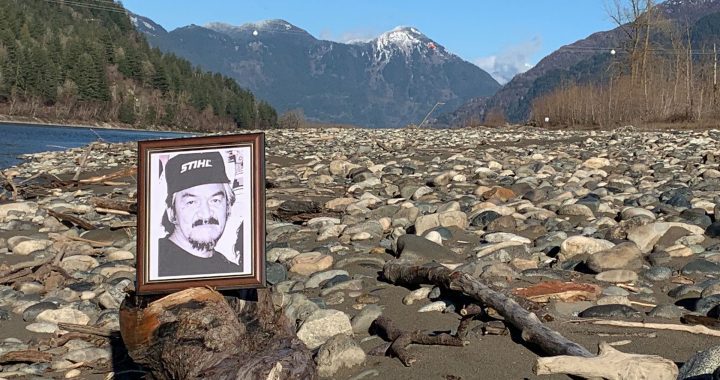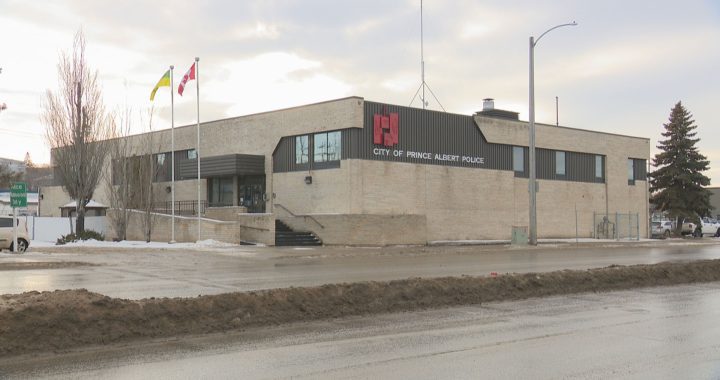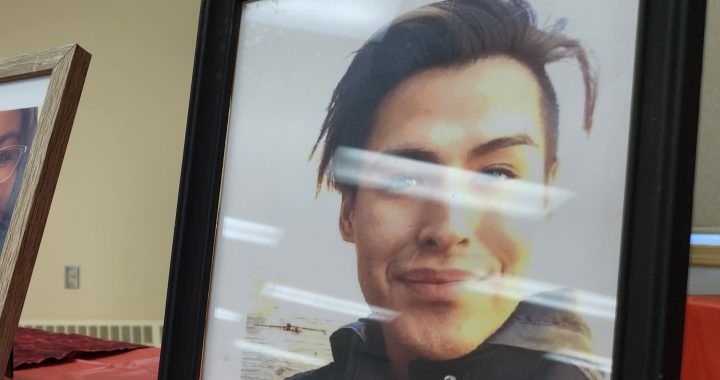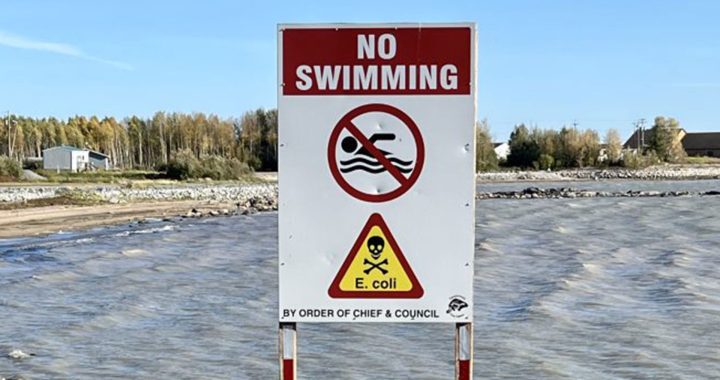First Nation-owned Wasaya Airways warned shareholders last month company’s ‘going down’ amid growing debt
Near the end of July the chief of Fort Severn First Nation in northern Ontario went on the local radio and told the community Wasaya Airways was in trouble with growing debt, adding the future didn’t look good for the company that has been serving them for over a decade.
Kenneth Jackson and Cullen Crozier
APTN Investigates
Near the end of July the chief of Fort Severn First Nation in northern Ontario went on the local radio and told the community Wasaya Airways was in trouble with growing debt, adding the future didn’t look good for the company that has been serving them for over a decade.
“It is my understanding from the last meeting that things will not work out. It has had problems for a while,” Chief Joseph Crowe told the radio audience July 25 in Cree, which was translated for this story.
The current status of Wasaya was discussed at a recent shareholders meeting in Thunder Bay where Wasaya management painted a bleak picture for the 12 chiefs that represent the communities that own the company.
APTN Investigates contacted Crowe Wednesday and he elaborated on the problem.
Crowe said management told the chiefs “Wasaya is going down” and was only surviving on a “special loan” from its bank.
One of the major problems is the chiefs have been racking up credit.
In December the tally was about $2.6 million and the chiefs were warned then too that Wasaya faced going bankrupt because of the excessive spending.
Crowe said that number has since grown to $3.1 million.
APTN was told Wasaya was having another meeting Thursday where a plan would be discussed to try and save the company.
But as an APTN investigation has found out, as we reported earlier this year, the financial instability of Wasaya has been going on for a number of years.
In 2012, Wasaya was losing money.
That year, the company lost $2 million and the chiefs were concerned.
A committee was formed to launch an internal review of Wasaya and its companies. Wasaya Airways is just one of the companies beneath Wasaya Group Inc. (WGI) that oversees all the Wasaya companies, including freight shipments, the prop shop that fixes planes, and fuel runs from their headquarters in Thunder Bay.
As the internal committee began examining the problem Wasaya also hired an outside auditor firm, Hobbs and Associates, to dig into their financial records and find out what was going wrong.
The Hobbs report said Wasaya had stalled financially between 2008-2012.
According to the report, which was obtained by APTN, Hobbs also uncovered an unpaid tax bill of more than $1.1 million owed to the Canada Revenue Agency.
Based on the losses in 2012, Wasaya was having difficulty paying creditors on time, with delays becoming “common.”
When the review was completed, Hobbs provided a list of recommendations aimed at turning Wasaya around, including hiring a chief financial officer and operating officer.
But Hobbs issued a warning to Wasaya: Do nothing and the company could fall to its competition.
If they were going to do nothing, Wasaya should sell to the highest bidder while the company still had value, the Hobbs report advised.
Wasaya didn’t sell and it’s unclear if any changes were made to follow the recommendations.
According to APTN’s confidential sources and further internal documents, including emails and credit card summaries, debt was climbing.
The board of directors, that was trying to figure out how to stop the bleeding, was abruptly axed July 1013 and the interim CEO of Wasaya Group Mary Ellen Thomas was then fired by the chiefs.
Two of the former board members told APTN they believed they were fired because they kept trying to figure out why the company was losing money.
Thomas was fired a few days after she filed a fraud complaint with the Anishinabek police force, alleging one of the executives was abusing his credit card as previously reported by APTN.
With the board and Thomas gone, Wasaya called off the police investigation.
The police chief of Anishinabek didn’t know why his force was called into investigate in the first place because they don’t serve any of the communities Wasaya has bases. Anishinabek does police Fort William First Nation near Thunder Bay where Wasaya’s head office is located.
Still, two of his officers defended dropping the case despite being told that the board, and director that wanted an investigation, were fired and after police were given all the supporting documents.
The officers told APTN the fraud investigation was closed and being handled “internally” by Wasaya.
But Wasaya’s problems were known before Hobbs was called in, according to sources and documents
An internal ad-hoc committee made up of board members and staff was organized in 2010 to conduct a complete review of the company and found deep seeded problems.
The internal committee visited all of Wasaya’s bases and spoke to employees. They were clear: management was the problem.
Hobbs reviewed the ad-hoc report, and its 89 recommendations, and in their opinion the problems were “symptoms of a deeper, more fundamental problems (within Wasaya).”
The ad-hoc report designed “strategic action plans” to address the most critical issues but they were never implemented according to the Hobbs’ audit, which cited a disconnect between the management of WGI and those that run Wasaya Airways.
“The plan was not implemented primarily because of confusion regarding the role of WGI in managing the operating companies. The lines of authority and accountability between WGI and the operating companies were not clear and, as a result, implementation was stymied,” the audit stated.
The board, before being fired, on March 26, 2013 approved Hobbs’ audit and its recommendations.
An emergency board meeting was held on May 25, 2013 to launch a review into Wasaya’s companies, including the Wasaya Prop Shop, which owed WGI management/advertisement fees of about $250,000, according to documents.
While this was all happening, Wasaya was also trying to respond to a Transport Canada safety audit conducted in March 2013 that found serious gaps in how Wasaya operated.
APTN first launched its investigation into Wasaya based on the Transport Canada safety audit.
It was learned Wasaya was under the watch of Transport Canada inspectors after the company was found to be violating “major” components of their safety management system (SMS) during an inspection.
A team of Transport Canada inspectors spent about a week poring over the company’s SMS dating back a year to April 2012 according to a report of its findings.
It was determined the airway to be in “non-conformance” in six different key elements relating to its SMS, a regulatory requirement airways in Canada adhere to.
Inspectors found staff didn’t know how to file safety reports, the main base in Thunder Bay had no carry-on sizing device, neither did sub-base Sioux Lookout, an emergency response plan hadn’t been updated since 2010 and none of the staff interviewed by Transport Canada were trained on it.
An armed peace officer was also allowed to fly without documentation and without crew members knowing he was carrying a live weapon. There was also multiple issues with de-icing policies.
To see the complete report click here.
Fort Severn First Nation joined Wasaya a couple of years ago, before he was chief, Crowe said.
He says people in his community are concerned with Wasaya safety and with the cost of flights.
Crowe also told his community on the radio last month that Wasaya management told him the company is also having a hard time buying new parts for planes.
“I understand that they cannot buy new parts for the planes that fly in. They say there are two planes sitting there inside a hanger, 1900’s they are called, salvaging these planes for the ones flying. This is what the lead persons say,” he told APTN.
Wasaya Airways management was asked to comment by emails, telephone calls and text messages on this story but never did, much like they had after initially offering to pay the cost to fly an APTN reporter to Thunder Bay in February.
APTN declined.
When asked what he thought of the current situation at Wasaya, Crowe said he had some advice for the other chiefs and management.
“You can’t operate a business like that. That’s what I told them at the meeting. It’s a not a bank. It’s supposed to be operated like a business,” he said.










